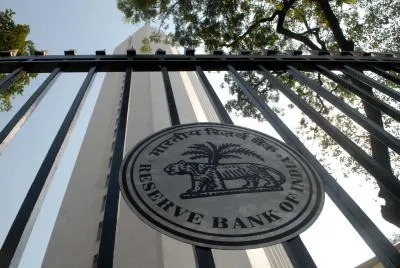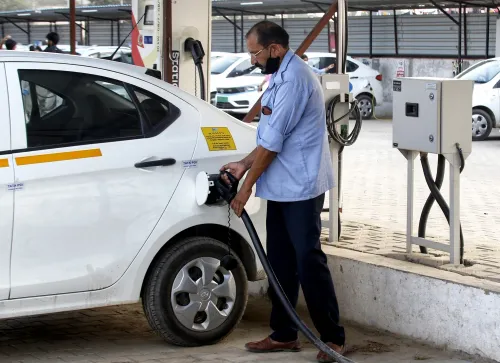How is MoHUA and IIT Kanpur Transforming Sanitation and Waste Management?

Synopsis
Key Takeaways
- MoHUA and IIT Kanpur's initiative enhances urban sanitation.
- 32 startups selected to innovate waste management.
- Swachh Bharat Mission has transformed sanitation since 2014.
- Startups play a key role in sustainable urban development.
- National platform to connect startups and stakeholders.
New Delhi, Nov 27 (NationPress) The Ministry of Housing and Urban Affairs (MoHUA), in collaboration with the Startup Incubation and Innovation Centre (SIIC) at IIT Kanpur, has officially launched the second cohort of startups aimed at enhancing sanitation and waste management innovations.
This announcement was made during the Swachhata Startup Conclave held in the capital, where Minister of State for Housing and Urban Affairs, Tokhan Sahu, unveiled a new group of 32 startups.
During the event, Tokhan Sahu highlighted that the Swachh Bharat Mission–Urban (SBM-U) has significantly revamped India’s waste management strategies over the last decade, moving from traditional practices to advanced, tech-oriented systems.
He emphasized the critical role of startups in this evolution, as they generate innovative solutions that facilitate cleaner cities and enhance operational efficiency.
The Minister also indicated that the Ministry is developing a national platform to link startups with urban local bodies, investors, and various stakeholders, simplifying the process of identifying challenges and deploying indigenous solutions effectively.
With over 100 unicorns, India boasts a robust innovation culture that extends beyond major metropolitan areas into smaller towns.
This trend is reflected in the waste management sector, where more than 5,000 startups have registered with the Department for Promotion of Industry and Internal Trade (DPIIT).
These startups are advancing urban sustainability and service delivery through cutting-edge tools and methods.
Since its inception in 2014, the Swachh Bharat Mission–Urban has transformed India’s sanitation framework.
In its second phase, the Mission is focused on creating garbage-free cities by promoting waste segregation, recycling, circular economy principles, and enhanced safety protocols for sanitation workers.
Startups are integral to this initiative, developing solutions that range from mechanized manhole cleaning and waste tracking to recycling ventures and innovative collection strategies.
To nurture these innovations, MoHUA established the Swachhata Startup Challenge in 2022.
The inaugural cohort received over 230 applications, selecting 30 startups for funding and mentorship.
These startups have achieved remarkable outcomes, including treating over 300 lakh litres of wastewater, managing upwards of 63,000 metric tonnes of waste, clearing 15,000 metric tonnes of street debris, and processing 200 metric tonnes of biodegradable waste.
Collectively, they have reached a valuation exceeding Rs 500 crore and generated over 2,000 job opportunities.
The second cohort attracted more than 400 applications, culminating in the selection of 32 startups.









